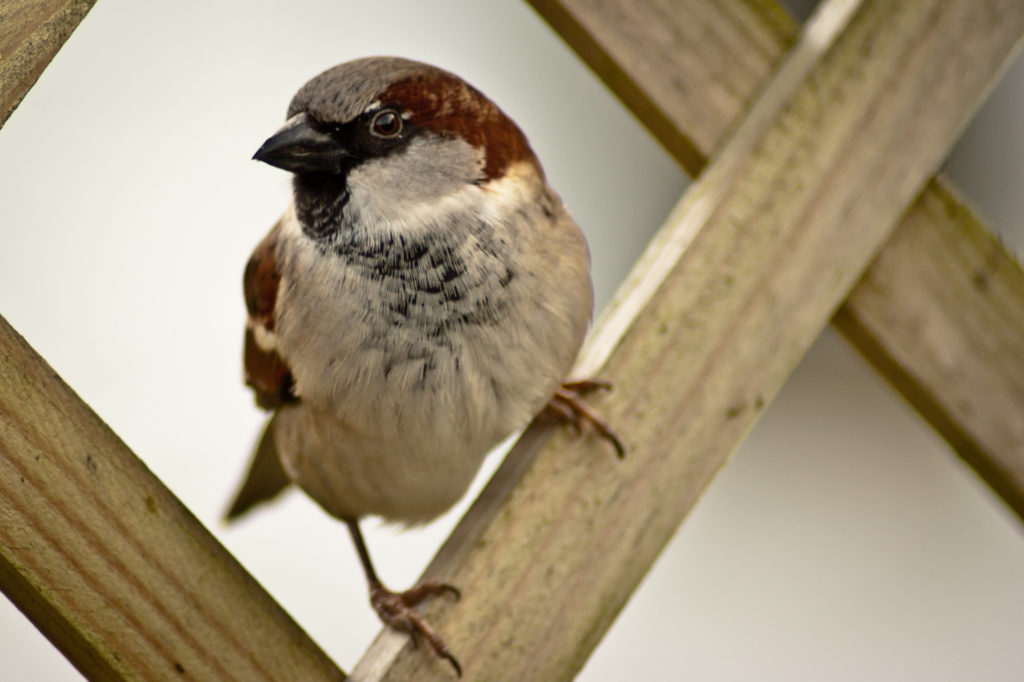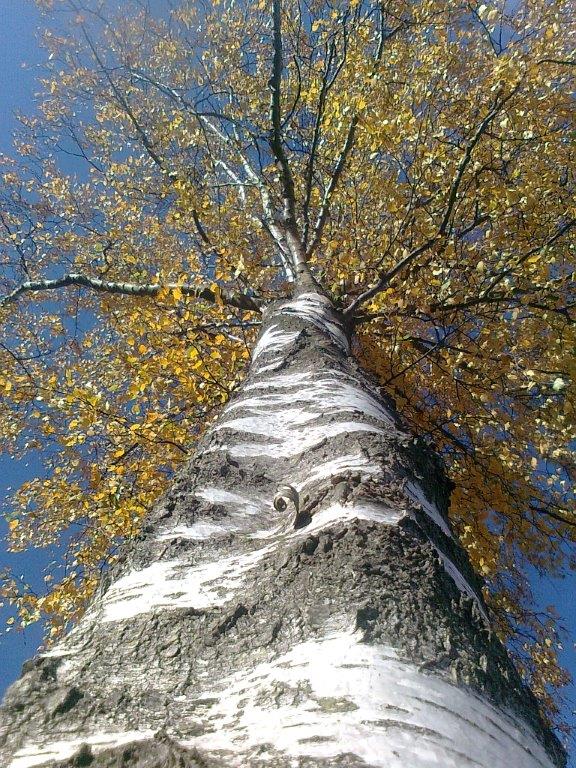
BBC News reports there are at least 50 billion individual wild birds in the world and house sparrows make up 1.6m of these. Three other species: European starlings, bran swallows and ring-billed gulls also have populations exceeding one billion.
However, most bird species are rare, with about one-in-ten species down to fewer than 5,000 individuals. This “snapshot” of the global bird population will help in conservation efforts to save birds from extinction.
Have you seen house sparrows near you? Let us know on our sightings page.

